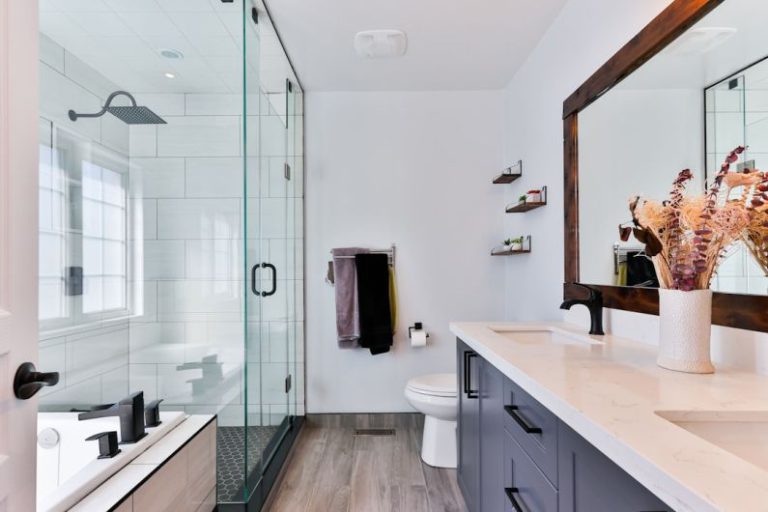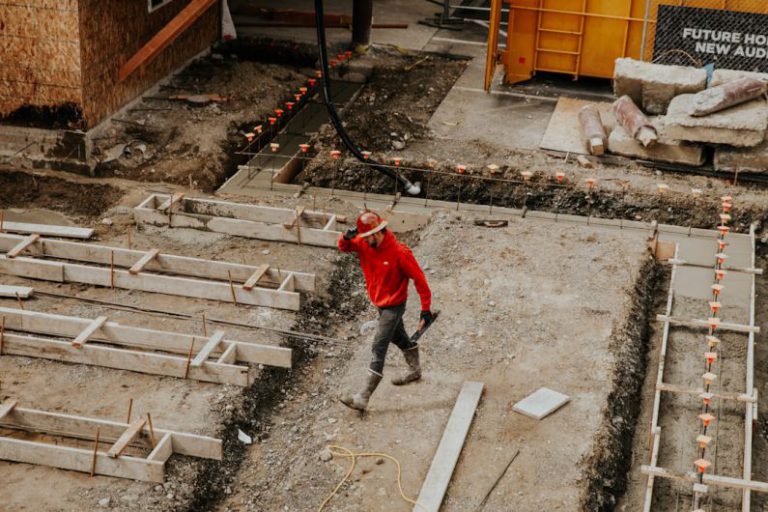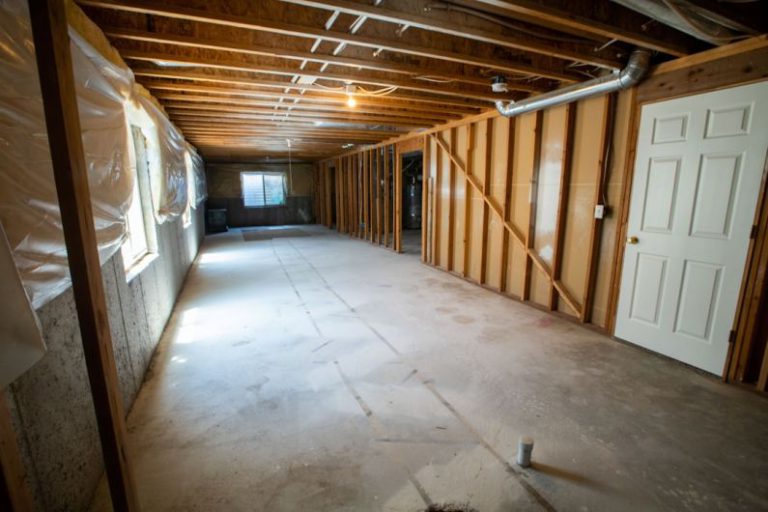
Home renovation projects can be exciting but can also quickly become overwhelming, especially when it comes to managing costs. Planning a cost-effective home renovation is crucial to ensure that you stay within budget while still achieving the desired results. By taking a strategic approach and making informed decisions, you can save money without compromising on quality. Here are some practical tips to help you plan a cost-effective home renovation.
Set a Realistic Budget
Before you start any renovation project, it’s essential to set a realistic budget. Take the time to assess your finances and determine how much you can comfortably afford to spend on the renovation. Consider the scope of the project, the materials you will need, and any additional costs such as labor and permits. Setting a budget will help you prioritize your expenses and prevent overspending.
Research and Plan Ahead
Research is key to a successful and cost-effective home renovation. Take the time to research different materials, designs, and contractors to find the best options that fit within your budget. Planning ahead will also help you avoid making impulse decisions that could lead to unnecessary expenses. Create a detailed renovation plan outlining the scope of work, timeline, and budget to keep your project on track.
Reuse and Repurpose
One of the most effective ways to save money during a home renovation is to reuse and repurpose existing materials. Instead of replacing everything, consider refurbishing or refinishing items such as cabinets, furniture, or fixtures. You can also explore second-hand stores, online marketplaces, or salvage yards for affordable materials that can add character to your home without breaking the bank.
DIY Where Possible
If you have the skills and time, consider tackling some of the renovation work yourself to save on labor costs. Simple tasks such as painting, installing shelves, or landscaping can be done without professional help. However, be realistic about your abilities and know when to hire a professional to avoid costly mistakes that could end up costing you more in the long run.
Compare Quotes
When hiring contractors or purchasing materials, it’s essential to shop around and compare quotes from multiple sources. Get at least three quotes for each aspect of the renovation project to ensure you are getting the best value for your money. Be wary of quotes that seem too good to be true and always research the reputation of contractors or suppliers before making a decision.
Focus on Priority Areas
If you are working within a limited budget, focus on renovating priority areas that will have the most significant impact on your home. Kitchen and bathroom renovations often provide the highest return on investment and can increase the value of your property. By prioritizing key areas, you can allocate your budget where it matters most and save money on less essential upgrades.
Seek Alternative Financing Options
If you don’t have enough savings to fund your renovation project, consider alternative financing options such as personal loans, home equity loans, or lines of credit. Compare interest rates and terms to find the most cost-effective solution that aligns with your budget and financial goals. Just be sure to factor in the cost of borrowing when planning your renovation budget.
Renovate in Phases
If your budget is tight, consider renovating your home in phases rather than all at once. This approach allows you to spread out the costs over time and focus on completing one area at a time. By prioritizing projects and pacing yourself, you can still achieve your renovation goals without straining your finances.
Conclusion:
Planning a cost-effective home renovation requires careful consideration, research, and strategic decision-making. By setting a realistic budget, researching materials and contractors, reusing existing items, and prioritizing key areas, you can achieve a successful renovation while staying within your financial means. With these tips in mind, you can make the most of your renovation budget and create a space that reflects your style and personality.





